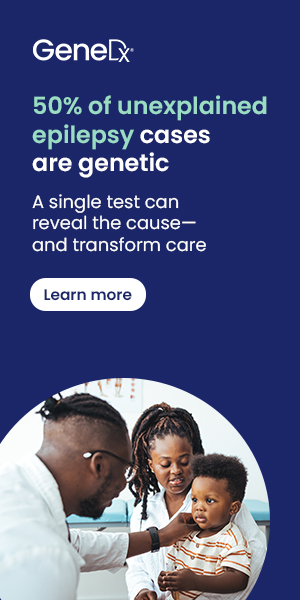James Howard, Jr., MD, Professor of Neurology at the University of North Carolina, discusses new data on the safety and efficacy of Vyvgart (efgartigimod alfa) for patients with AChR-Ab seronegative generalized myasthenia gravis (gMG).
gMG is a chronic autoimmune neuromuscular disease characterized by weakness of the skeletal muscles. Common symptoms include weakness of the muscles that control the eye and eyelid, facial expressions, chewing, talking, and swallowing. The condition results from a defect in the transmission of nerve impulses to muscles, which is due to the presence of antibodies against acetylcholine. The exact reason this occurs is not known.
New data on the efficacy and safety of efgartigimod alfa was recently presented at the American Association of Neuromuscular & Electrodiagnostic Medicine (AANEM) Annual Meeting and the Myasthenia Gravis Foundation of America (MGFA) Scientific Session.
Efgartigimod alfa is a first-in-class human IgG1 antibody fragment that binds to the neonatal Fc receptor (FcRn), resulting in the reduction of circulating IgG autoantibodies. The ADAPT SERON clinical trial was a phase 3 randomized, double-blind, placebo-controlled, multicenter study evaluating the safety and efficacy of efgartigimod in adults with AChR-Ab seronegative gMG.
The study met its primary endpoint, demonstrating that AChR-Ab seronegative gMG patients treated with efgartigimod achieved a statistically significant improvement in MG Activities of Daily Living (MG-ADL) total score compared to placebo after four weeks.
In the overall population, mean change from baseline in patients treated with efgartigimod was a clinically meaningful 3.35 point improvement in MG-ADL total score at week four. These results illustrate significant improvements in one or a combination of their abilities in breathing, eating, eyesight, and motor functions. Improvements in MG-ADL and Quantitative MG (QMG) scores among patients treated with efgartigimod were increasingly pronounced across subsequent treatment cycles in the overall population and in all patient subgroups.
Efgartigimod was well tolerated across AChR-Ab seronegative subtypes and consistent with the established safety profile in patients with AChR-Ab seropositive gMG and other indications. No new safety concerns were identified.
For more information, click here.
To learn more about MG and other rare autoimmune conditions, visit https://checkrare.com/diseases/autoimmune-and-auto-inflammatory-disorders/


